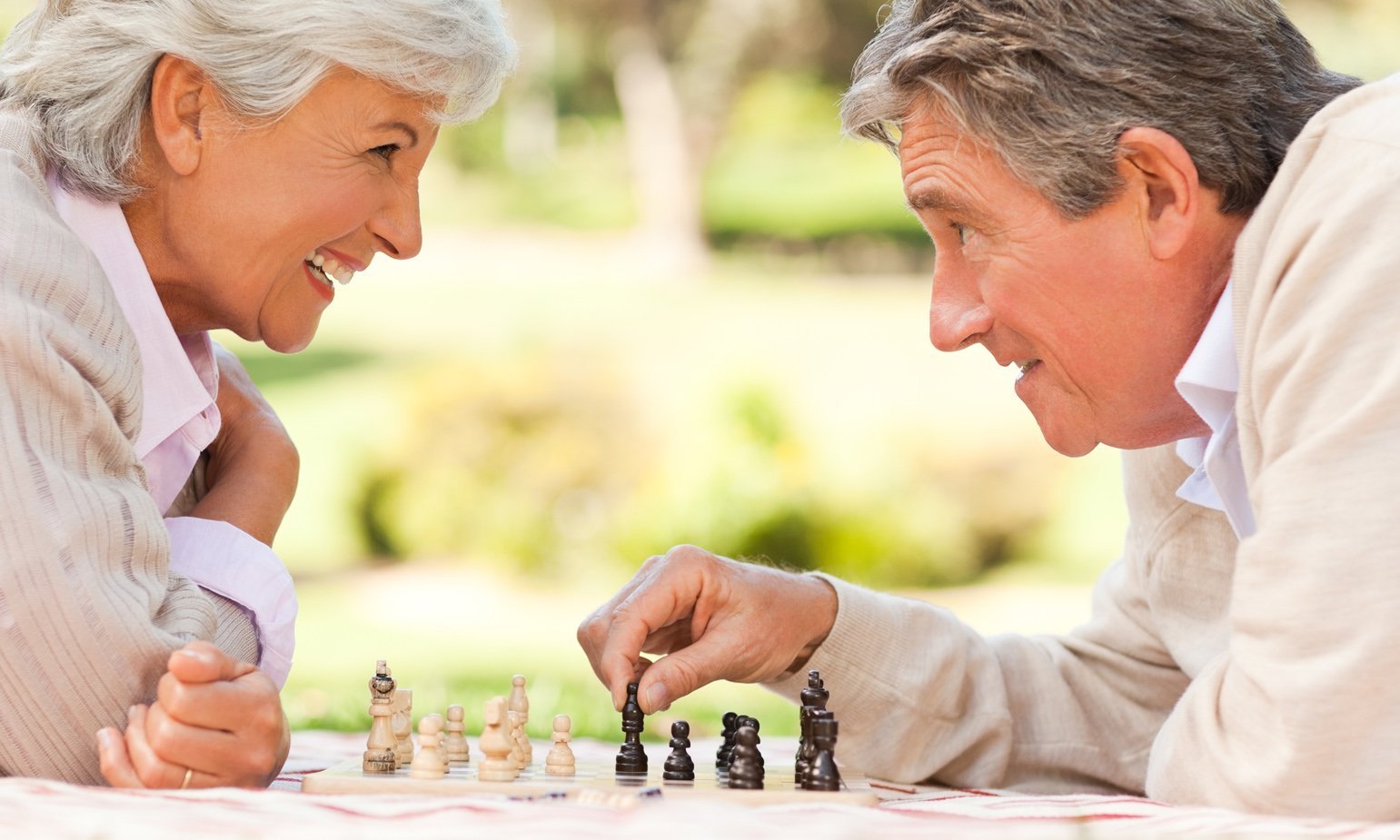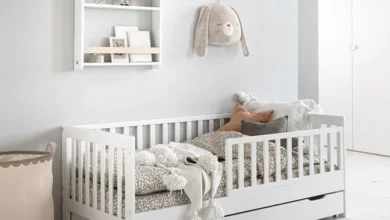Manage Your Body: Fall Prevention Tips for Seniors

Bill Gates, founder of Microsoft, once said, “The human body is the most complex system ever created. The more we learn about it, the more appreciation we have about what a rich system it is.” Indeed, it is. And over the years our bodies serve us well. Our muscle mass and balance peak in our twenties, yet still in our thirties and beyond, our bodies remarkably continue to withstand normal wear-and-tear, repair and bounce back (albeit more slowly) from injuries and perhaps surgeries, and provide us with a physical foundation we can count on.
However, despite our body’s resiliency, as we age it is completely normal and expected for older adults to lose some strength and balance, and unfortunately, this increases our risk of falls. In fact, 1 in 4 older adults reported falling, totaling nearly 36 million falls per year, with 8 million of those falls requiring medical attention due to injury. And 50% of seniors who fall will likely fall again.
Make fall prevention a priority
While these may feel like sobering or even anxiety-producing statistics, the most important takeaway is that actively working on your balance and strength can yield many positive returns in the future. Evidence shows that older adults in community-living settings who participate in structured fall prevention programs, especially those older adults who are in high-risk groups (those who have previously fallen or who have a fear of falling), benefit the most and can reduce the number of fallers and the number of falls.
Here are a series of pro-tips from the expert team at Ageility to help ease falling anxieties and to help strengthen your knowledge on fall prevention for seniors.
1. Prevent indoor falls
- Clear out the clutter: Make sure that the floor has no walking obstacles such as electrical cords, furniture, knick-knacks and any other items that may get in your path and cause you to trip and fall. If you use a walker or cane, make sure the pathways in your home are wide enough to accommodate your assistive device.
- Bright lights: Be sure your living, bathing & sleeping areas have adequate lighting and that the on/off switches are easily accessible. You may want to consider night-lights on the path to the bathroom.
- Roll up the rugs: Time to toss the area rugs, which can create a falling hazard. Your toes or assistive devices (a walker or cane) can get caught on turned-up and loose rug ends.
- Smart seating: Your favorite chair and the toilet should be high enough so that you can comfortably and slowly sit, not “falling” onto the seat. Avoid any chairs with wheels as they can move when you are sitting or standing from the chair.
- Bathroom basics: securely install grab bars in the bathroom. Ensure that the mat inside and outside of your tub or shower is non-slip.
- Solid railings: Confirm that railings are installed (and secure) by all indoor and outdoor steps.
2. Physical fitness reminders
- Dizziness do’s: Do you sometimes get dizzy when first sitting up or standing? Help your balance by sitting up slowly or standing long enough for dizziness to subside read more. Are you taking any medications that may cause dizziness? Ask your doctor or pharmacist to review your medications.
- Hypotension help: First, if you take blood pressure medication, take it exactly according to the directions to reduce or prevent symptoms. Next, drink lots of fluids which increase blood volume and help prevent dehydration.
- Moving Strength: Mobility is one of the most important ways for you to stay strong and fall free! Walk as frequently as you can and use weights for strength-building exercise. Talk to an Ageility physical or occupational therapist to determine the best weights for you.
3. Outdoor fall prevention and precautions
- Check the thermometer: Be aware of mercury rising. Outdoor activity during very high temperatures, and even just sitting in the sun, can dehydrate you and disrupt balance. In winter months, be aware of mercury dropping which can lead to black ice or snowy conditions.
- Terrain awareness: If you must walk on soft or uneven ground, use extra care and take your time (and your walking device)!
4. Prior preparation & decision making:
- You know your body and habits best: If you frequently have a sudden urge to urinate and find yourself rushing to the bathroom, create a toileting schedule. Planning ahead will reduce the need to hurry and could prevent an unnecessary fall.
- Carry a phone with you: Keep a phone in easy reach so that you will not have to hurry to answer a call.
- Talk to your loved ones: It’s important to ask your friends and family to be patient when they knock on your door. You may need a few extra minutes to answer and you do not want to feel rushed.
- Walking device on-hand: Keep your walking device with you, even if you have to walk just a few steps. It’s especially important to have this aid if you’re carrying something.
Don’t let lack of balance hurt your quality of life
By making these accommodations to your indoor and outdoor environments, as well as your daily routines, you can reduce and prevent your chance of a fall. And if you’re living at a Five Star Senior Living community, chances are you have an onsite Ageility Rehab and Fitness clinic or other physical therapy and fitness program to help you maintain your strength and range of motion. All of which can help you avoid falls that can lead to injury – so that you can maintain maximum independence.




